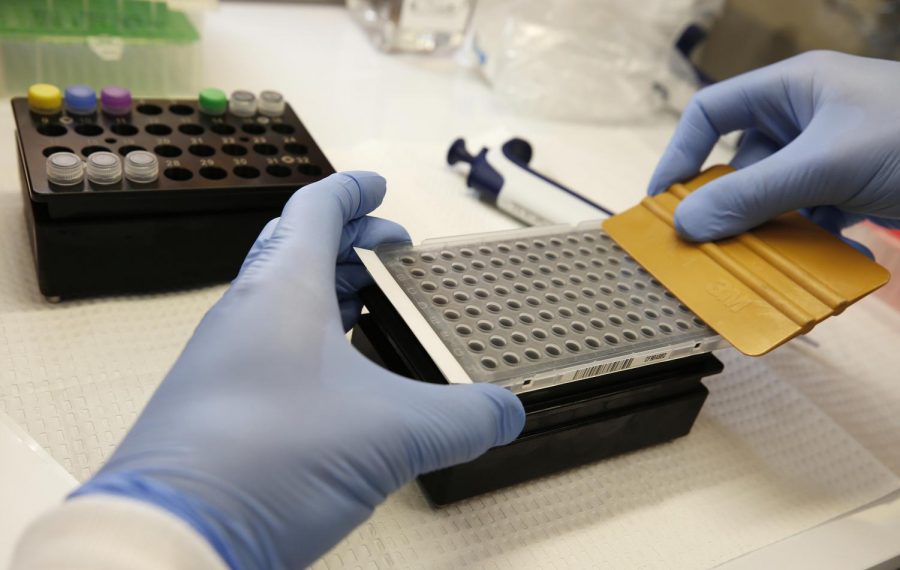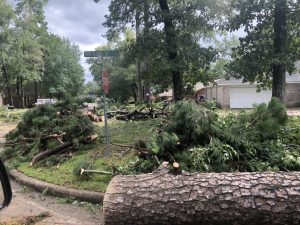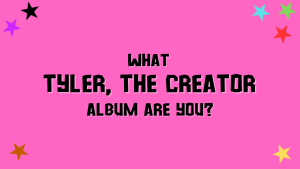Myth Busting: What do you know about COVID-19?
Brian Bowland, a senior clinical lab specialist at UCLA Health System, prepares a kit used in coronavirus detection.
March 20, 2020
There is so much information circulating about COVID-19 it is sometimes hard to separate the myths from the facts. The Centers for Disease Control and Prevention has all the information you need and more. Here are a few key facts.
Myth: You can contract the coronavirus by just being in the presence of someone who has it.
Fact: It is highly contagious, however, the coronavirus is presumed to be spread most commonly from person-to-person contact or by coming in contact with the bacteria of an infected person’s sneeze or cough.
Myth: The coronavirus only affects old people, so since I’m young I won’t get sick.
Fact: While the majority of cases of coronavirus in China were over 60, about 38% of hospitalized cases in the United States are people younger than 55, according to the Washington Post.
Myth: I don’t have any symptoms of the coronavirus, I must be perfectly healthy.
Fact: The incubation period for the coronavirus is 2 to 14 days, meaning you can contract the virus and not feel any symptoms until two weeks after being infected. This is why it is extremely important to social distance.
Myth: Social distancing won’t actually do anything to help during this time.
Fact: Social distancing is one of the best things you can do to help prevent the spread of the coronavirus, along with cleaning your hands. You can listen to or read a story in the Washington Post about why “social distancing” has proven to be successful.
Myth: Using hand sanitizer is better than washing your hands.
Fact: Washing your hands with soap and water for at least 20 seconds is the best way to kill the bacteria on your hands and prevent yourself from getting sick with any illness.
Myth: My pet can get the coronavirus and can pass it to me.
Fact: There is no recorded case of any pets having the coronavirus, so there is no evidence of a pet giving a human the virus.
Myth: If I take sips of water every 15 minutes, it reduces my chance of getting the coronavirus because any germs will be killed by my stomach acid.
Fact: Water will not prevent the coronavirus from entering your lungs. Drinking water is good for your health, but it won’t decrease your chances of getting the virus since it is a respiratory illness.
Myth: You can get the coronavirus from mosquitoes
Fact: Mosquitoes are not carriers of the coronavirus. The coronavirus is a respiratory illness, and spreads through coming in contact with droplets from an infected person’s cough or sneeze.
Important Things to Know:
Humble ISD has begun an enhanced meal plan for families who need it, in which they are encouraged to pick up three days worth of breakfast and lunch from 10 a.m. to 1 p.m. The food is available for pickup at Elm Grove, Oaks, Ridge Creek and River Pines Elementary Schools as well as Humble and Ross Sterling Middle Schools.
You can download the Zoom app for video chat on your phone and sign up using any email you choose. When your teacher posts the link for your class’s Zoom conference in Schoology, you can click it and immediately be connected to it. You can also manually put in the code to enter into the conference.













